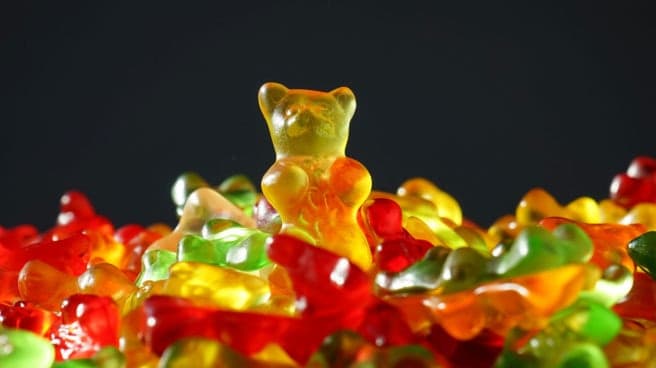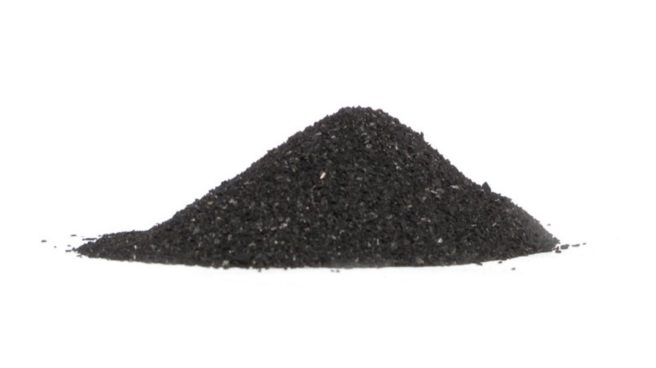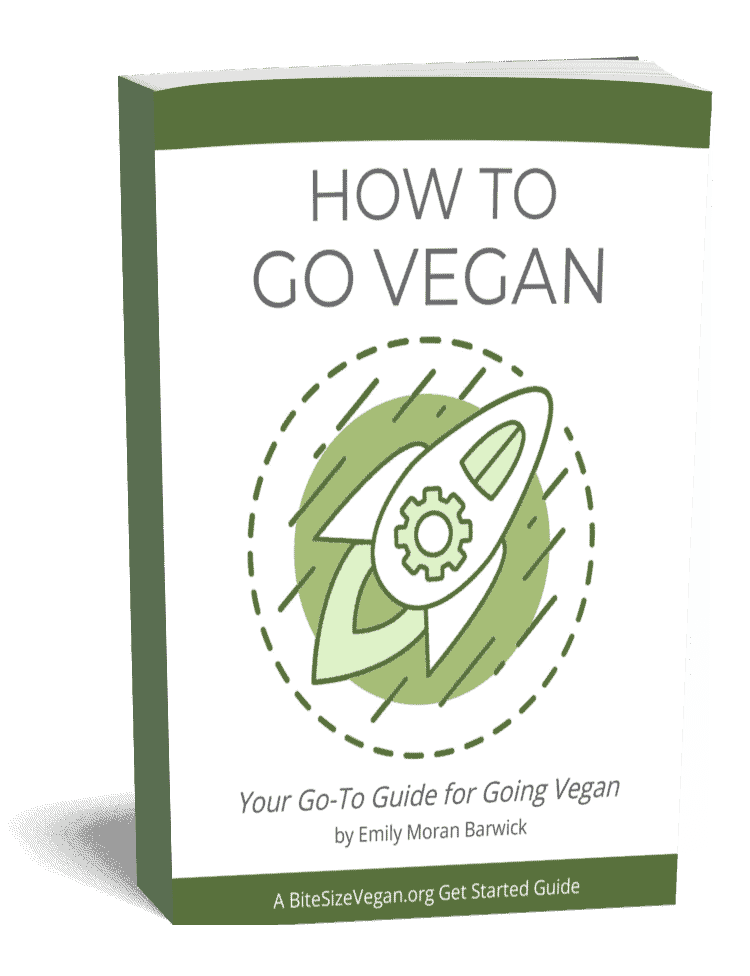Is alcohol vegan? Or does it contain hidden animal ingredients? In this video, we’ll look into how alcohol is made, what hidden ingredients and refining agents vegans need to be aware of and how alcohol labels are misleading.
When initially going vegan, it’s all about eliminating meat, dairy, and eggs. Then, as time goes on, you start to learn about other issues, like honey, wool, sugar, horse riding, medication and…alcohol. tweet this
Some new vegans completely overhaul their life and health, eliminating drinking entirely—but this is not the case for everyone, nor does it have to be. Vegans comes in as many shapes and sizes as non-vegans: some are straight edge, some are alcoholics in recovery, some enjoy drinking, some simply don’t like it, and some abstain for health or religious reasons.
Animal Ingredients and Fining Agents
So, is alcohol vegan? Well, the short answer is: it depends. There are a number of animal or animal-derived ingredients used in the fining process of alcohol clarification and stabilization and some used as ingredients to the beverages themselves.
Fining agents aren’t intended to remain in the final product, but there’s no guarantee. The broader definition of veganism would encompass the use of these animal byproducts in any aspect of the alcohol’s production as making the resulting product non-vegan.
This is similar to the process used to make processed sugar white by filtering it through bone char. However, only some of the elements used for alcohol are a little more direct in nature—they are actual ingredients rather than solely purifiers of the product.
For instance, many liquors contain dairy, and some drinks—like campari—are made with cochineal extract (carmine), which is a red food coloration derived from the dried, crushed bodies of pregnant female Dactylopius coccus (a beetle).
The Animal-Derived Agents Used in Clarifying Alcohol
“Fining” is the process of clarifying wine or beer, and “finings” are substances that are usually added at or near the completion of processing. Finings remove organic compounds—such as sulfides, proteins, polyphenols, benzenoids, or copper ions—for the purpose of improving beverage clarity, or adjust the flavor and/or aroma.
In the fining process—or as an ingredient—one or more of the following agents may be used:
- Albumin – derived from eggs or dried blood
- Casein – derived from milk
- Charcoal – often derived from animal bone
- Colorings like carmine, derived from insects
- Glyceryl monostearate – an anti-foaming agent that sometimes is an animal derivative from the breakdown of fats
- Lactose and lactobacillus or lactic acid
- Gelatin – made from bones, skin, and tendons
- Pepsin – a heading agent sometimes derived from pigs
- Sugar – often whitened using bone charcoal
- Honey – derived from bees
- Chitin – derived from the shells of crabs, lobsters, etc, and
- Isinglass – derived from the swim bladders of fish.
Fish Bladders in Alcohol?
For those not familiar, a swim bladder—also known as gas bladder, fish maw or air bladder—is an internal gas-filled organ that contributes to the ability of fish to control their buoyancy in order to stay at their current water depth without having to waste energy.
Over the years, humans have used fish bladders for a wide array of uses: from an Asian delicacy, to a source of collagen for the food industry, to the production of isinglass for alcohol fining, to the creation of a strong, water-resistant glue—all the way to early condoms. Yes, the first condoms were made from the swim bladders of fish and other items from the slaughterhouse.
What About Beer?
Let’s take a brief look at the application of finding agents in the basic forms of alcohol. When it comes to beer, the vegetarian society states that,
“real ale undergoes a secondary fermentation while it is being stored in the cask. Cask-conditioned ales need fining to clear the material, such as the yeast suspended within the liquid.
This is typically done by adding isinglass, which is derived from the swim bladders of fish, to gather up the yeast and make it sink to the bottom of the cask.
Bottled naturally conditioned beers will not always have been treated with isinglass. Keg beers and lagers are pasteurized and usually passed through chill filters, as are canned beers and some bottled beers. However, a considerable number of breweries still use isinglass to clear their pasteurized beers.”
What About Cider?
Some brands of cider are fined with the use of gelatin.
What About Wine?
Many of the previously listed animal derived ingredients are used in the processing of wines to improve appearance of the finished product. The vegetarian society states that:
“Non animal alternatives do exist in the form of bentonite (impure clay), kieselguhr (sedimentary rock), kaolin (clay mineral) and silica gel. Also, methods such as centrifuging and filtering are becoming more popular.”
What About Spirits & Liqueur?
Most spirits and liqueurs appear to be vegan-friendly. However, it’s always best to be sure. How can you tell if any of this awesomeness is in your alcohol? Well, looking at the ingredients label isn’t going to cut it.
Why Reading the Label Isn’t Enough
Regulations for the labeling of alcoholic beverages vary widely by country. For example, the European Commission regulations for alcoholic beverages only requires a complete list of ingredients for alcoholic beverages with strength by volume of 1.2% or less, meaning that only low or non-alcoholic beer, wines and ciders have to list all their ingredients.
You can find a list of labeling regulations by country, here or at the bottom of this post.
How to Know if Your Alcohol is Vegan
Luckily, there are many vegan-friendly options out there, and a helpful website that is constantly cataloging them all: it’s called barnivore.com and is run by two vegans.
You can search for your particular drink and even contribute with information you have about others. They do not, however, have information on what kind of glue is used for the bottle labels, as glue can be derived from connective tissue, bones, skin, or casein, so if you’re concerned, opt for a can.
A Note on Alcoholism & Addiction
I’d be remiss if I didn’t include a note about alcohol outside its potential animal content. While drinking can be an enjoyable social lubricant and can be an entertaining addition to the evening when enjoyed responsibly, for alcoholics and addicts, it can be a completely life-destroying force.
I have seen people close to me have their lives fall down around them due to their drinking. But I’ve also seen these very same people rise from that destruction through the help of treatment, a 12 step program, or other methods. I will include some information in the resource section of this post.
In Closing…
I personally do not drink. I’ve never found it appealing in the least, but drinking itself is not evil. If you are responsible and not harming yourself or others—including non-human animals—then more power to you.
As I said earlier on, we vegans are just people, and as people, we have countless variations among us—and that is to be celebrated, not policed for uniformity.
So, for those of you who do drink, you know not to get a DUI (driving under the influence), but now you can be sure not to get a CUI (cruelty under the influence) by going for the animal-free vegan-approved beverages. tweet this
I hope you enjoyed this tall drink of an article. I’d love to hear from you on this topic: Were you aware of the animals in alcohol? If you’re vegan, did you change your habits around alcohol at all with your dietary change? If you’re not vegan but thinking about it, is this a consideration you’ve made or was it way off your radar? Let me know in the comments!
Be sure to check out the “Is This Vegan” series for more on what’s vegan and what’s not!
— Emily Moran Barwick







Would you believe I only learned of animal products in liquor a few weeks ago, who knew.
I am not a drinker, just the occasional glass of wine but ?
I’ve never been a big drinker though I always liked to have a bottle or two of beer on the weekend. I went vegan last October around the same time that I subscribed to BSV and one of the first things I did was check out which brands of beer are vegan. But I have since found that I have gradually lost the taste for alcohol. I don’t know why and I don’t care. I love being vegan and I wish everyone would try it.
Hi Emily,
I’ve never been a big drinker at all but sometimes being the only non-drinker in the room can be as hard as being the only vegan in the room! People just don’t get it and want to know exactly why you’re not drinking and you have to give them a reason that they consider valid. Hard work.
I sometimes used to drink a certain cider brand (that would last me all evening) but found on barnivore that it wasn’t vegan frendly. So veganism has given me a much better reason to give for not drinking rather than that I just don’t want any alcohol, people seem more accepting of that :)
thanks for sharing Jenny- i’m right there with you- didn’t make a lot of friends in college because drinking is how they bonded! it’s true people will look at you like your puppy just died when you say you don’t drink!
In reality this makes no sense. It’s like comparing apples with raisins and their effect on how much the subjects felt like eating a three cheese pizza afterwards. Yes, something like that was a real study conducted once (not quite the same as I have stated here). Pleeeaasse give me strength!!! The problem with alcohol is that it inhibits the flow of blood to the tiny capillaries and similar fine brain capillaries, as alcohol clumps the blood together inhibiting the oxygen getting to these fine areas. In the case of the brain it means brain cells die, in most cases never to be replaced. It matters little how much of how little alcohol you drink, the process will be slower or faster, that’s all. I don’t want to be dumbed down unnecessarily, and most of us wouldn’t.
thanks for your input James- and yes alcohol can be very damaging indeed- especially in excess!
Alcohol actually doesn’t kill brain cells, it affects dendrites, and people who drink moderately are actually LESS likely to have dementia or alzheimers in old age. So what you are saying is the paranoid equivalent of an urban legend. The reason why severe alcoholics seem slow is a combination of factors, including repeated black outs (moderate drinkers and even functional alcoholics usually do NOT have black outs) and also that people who stay drunk all the time are less likely to keep their minds active with reading and learning new things, which is what keeps your brain alive. You could stay totally sober and do nothing but watch sitcoms all day for years and seem less intelligent than a moderate drinker who still reads, takes classes or otherwise learns new things.
I usually don’t drink stuff, but some dishes require some types of booze as the alcohol evaporates. Finding out that they put those disgusting stuff in the bevareges i buy makes me really disturbed and angry.
They want a reason for not drinking alcohol? How about this one, I’m quoting from “5 alcohol facts you’re better off not knowing” but I know this from independent sources:
“Yeast poop. When you get right down to it, the happy juice that makes you such a fun [person].. is yeast poop. Yeast eat sugar and drop a big, steaming loads of [alcohol] wherever they go. And they fart a lot too. Ever wonder what gives your bubbly its sparkly magic? About a million little guys with Irritable Bowel Syndrome”
Of course, to avoid, “hey, where’s everyone going?” at the party, it might be more polite to just turn around their question around from “why don’t you drink?” to “why DO you choose to drink?” Then again, if the social dynamics make truth (usually the best policy but I know easier said than done..) hard, I think your trick of “Oh, it’s because I’m trying to be strictly vegan” is a clever idea :-)
“yeast poop” may be my new favorite phrase. thanks for this ;)
Emily
Thank you for the information. I am not vegan, but respect those who are. I am an addiction counselor who deals with alcohol addictions on a daily basis. There are 2 addicts that I am helping get their lives back on focus that are vegan. That is where the information you provided is perfect. Thank you so much. I would like, with your permission to copy this information to give to my clients. And I also wanted to thank you for including ideas and places to go for help for those who are having problems with their lives because of alchol. Keep up the good work!!